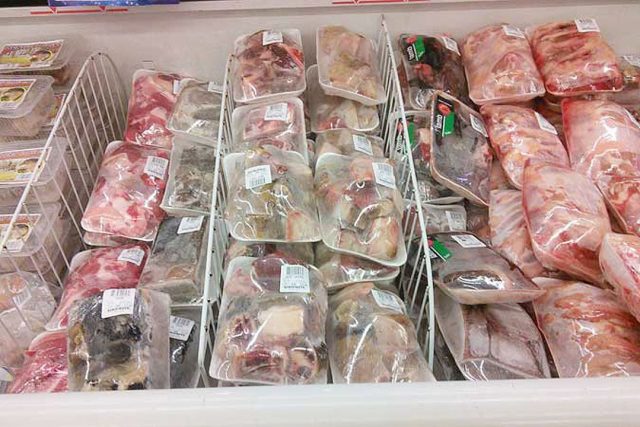Commission hears proposal to extend low tariff regime for pork, rice, corn, coal

THE Tariff Commission (TC) will conduct public hearings regarding proposals to extend the application of lower tariffs for pork, corn, rice, and coal to help minimize the impact of inflation.
In a notice posted to its website dated Oct. 24, the TC said it will conduct the hearing via videoconference on Nov. 9.
The hearing will evaluate a petition submitted by the Foundation for Economic Freedom, Inc. (FEF) seeking the extension of the effectivity of Executive Order (EO) No. 171.
The FEF has asked President Ferdinand R. Marcos, Jr. to renew EO 171 until 2023. The deadline for the submission of position papers is on Nov. 16, according to the TC.
“The Nov. 9 hearing will run between 9 a.m. and 12 noon,” the TC said.
“Interested parties shall be afforded opportunity to be present and present evidence in support of their positions on the subject matter,” it added.
According to the TC, EO 171 is set to expire on Dec. 31. The order modifies most favored nation tariff rates on pork, corn, rice, and coal.
According to EO 171, which was signed in May, the tariff on pork falling within the minimum access volume (MAV) quota was cut to 15% from 30%, while out-of-quota pork us charged tariffs of 25%, down from 40%. Rice tariffs within the quota were set at 35% for imports within the quota and 50% beyond the quota.
The EO also lowered the corn tariff to 5% for in-quota imports from 35% and 15% from 50% for out-of-quota imports. It also cut the duty at zero for coal imports from 7% previously.
Asked to comment, FEF President Calixto V. Chikiamco said in a Viber message that the extension of EO 171 is needed to keep consumers from having to pay higher food prices.
Mr. Chikiamco said food production has been affected by high fertilizer prices, the spread of African Swine Fever, and typhoons.
The FEF has said that the coverage of EO 171 for corn should be expanded, calling the current corn MAV quota of 216,940 metric tons (MT) insufficient for bringing down corn prices. The supply-demand balance for corn is estimated to be in deficit by 3-4 million MT.
The FEF also called for the equalization of the tariffs at 5% for both in-quota and out-of-quota imports.
“If the EO is not renewed and expanded because tariffs will revert to higher levels, (making imports) more expensive. Higher food prices will have a deleterious effect on consumer inflation, food manufacturing and processing, poverty reduction and inclusion,” Mr. Chikiamco said.
“Retaining and expanding EO 171 is the first major concrete step that the administration must take to tackle the ongoing food crisis,” he added.
The Philippine Statistics Authority said in a report that the national average farmgate price of palay, or unmilled rice, rose 2.3% year on year to P17.62 per kilogram in August, but was down 1.3% from the July price.
Samahang Industriya ng Agrikultura said in a statement that the farmgate price of palay will continue to decline due to the presence of imported rice in the domestic market.
“It is declining and will continue to decline simply because of the continuous flooding of imported rice into the market; now at an unprecedented volume of 3 million MT,” the group said.
“As a response, the agriculture industry will continue to support our rice farmers, and encourage them to plant and produce our staples,” it added. — Revin Mikhael D. Ochave



